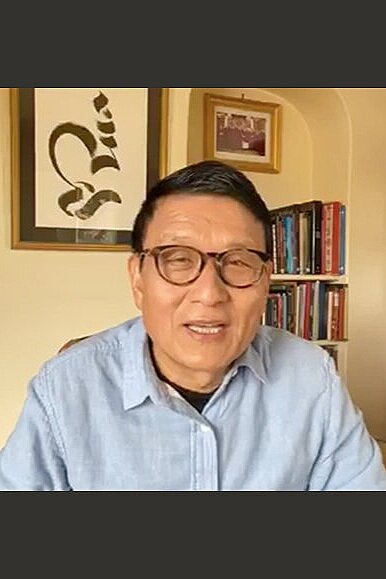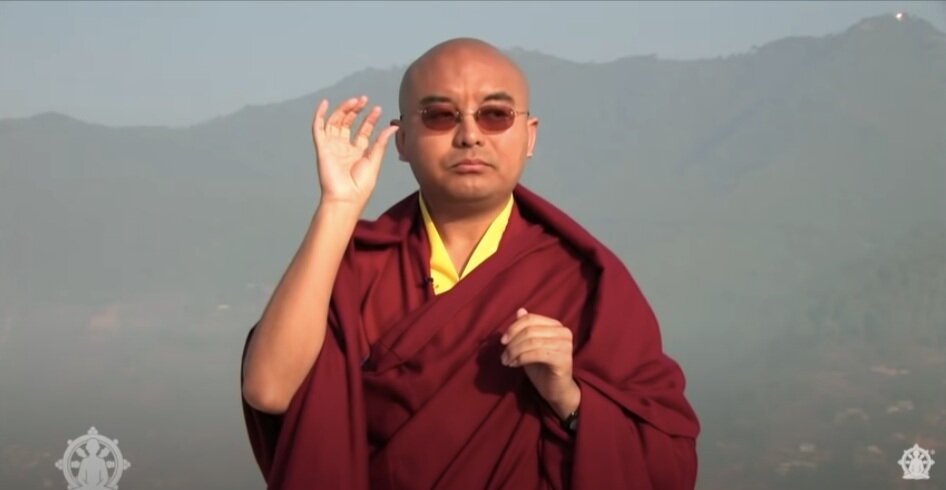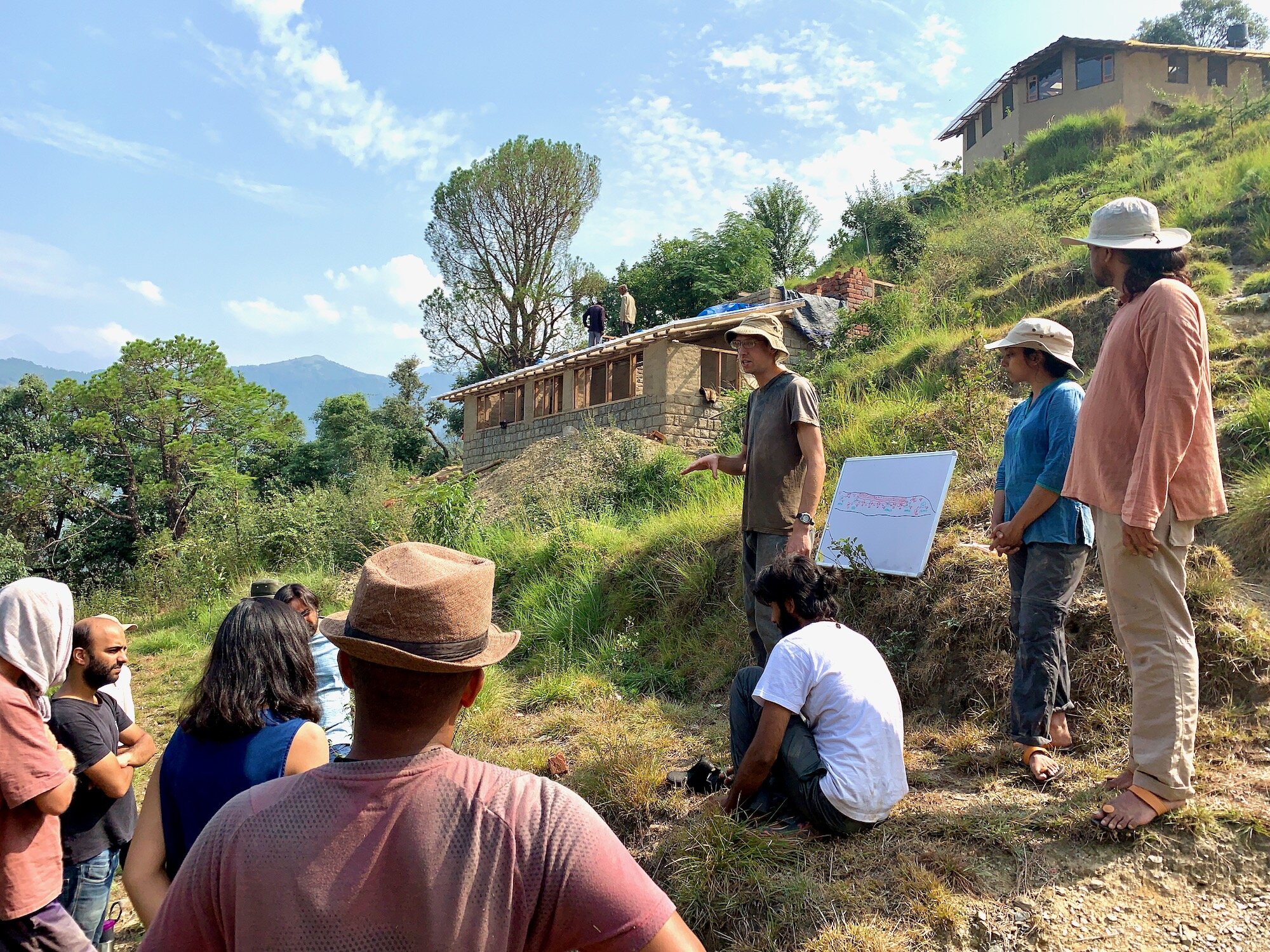Earthville Stories

Leadership Training in the Himalayas
We have some big news to share with you about the future of our Himalayan sister campus, Dharmalaya Institute, and the headline is that you’re invited to be a part of it!

Retrieving the Elemental Essences from Nature
In this video, Tenzin Wangyal Rinpoche teaches us how to open ourselves to the beneficial qualities of the natural elements - which the ancient Bön teachings place much emphasis on. The longer you spend in relationship with the elements of nature, the more you feel their essence coming alive in you and nourishing your soul.

Meditation Is Easier Than You Think
In this video, Mingyur Rinpoche explains the essence of meditation and describes some common misunderstandings about practicing meditation. He also shares some tips for bringing meditation into our day-to-day lives. What is your reaction to Mingyur Rinpoche’s statement that you don’t have to be calm and peaceful in order to meditate?

Have 10 minutes to spare? Learn “Three Pills” meditation
Tenzin Wangyal Rinpoche offers a succinct description of a meditation technique he calls the "Three Precious Pills” as well as instruction on how to practice it. He adds, with delightful humour, that these are three pills you can take everyday at any time and as much as you want, with no side effects!

The Causes of Anxiety and Suffering
What are the causes of anxiety and suffering?
In this 10-minute video, internationally renowned meditation teacher Yongey Mingyur Rinpoche talks about the panic attacks that he experienced as a child and how he used compassion and meditation to free himself from anxiety.

Tales of Human-Scale Education
In this article, visionary educator Arnie Langberg shares three stories from his days as Principal in two alternative schools in Denver, Colorado. These tales illustrate the critical roles that human connections play in creating effective learning communities.

Making Space & The Art of Subtraction
One of the first things we learn in math class is the art of addition. Fast-forward and we’ve all graduated with a Masters degree in Addition. We buy, we collect, we consume, we swap, we take, we build, and we produce. Let's take it a notch up: How much can you subtract?

Organic Food: What & Why?
Organic food is completely natural, without any harmful chemicals. Growing food organically is much better than chemical-based agriculture for many reasons, including health, taste, cost, ecology, and more.
